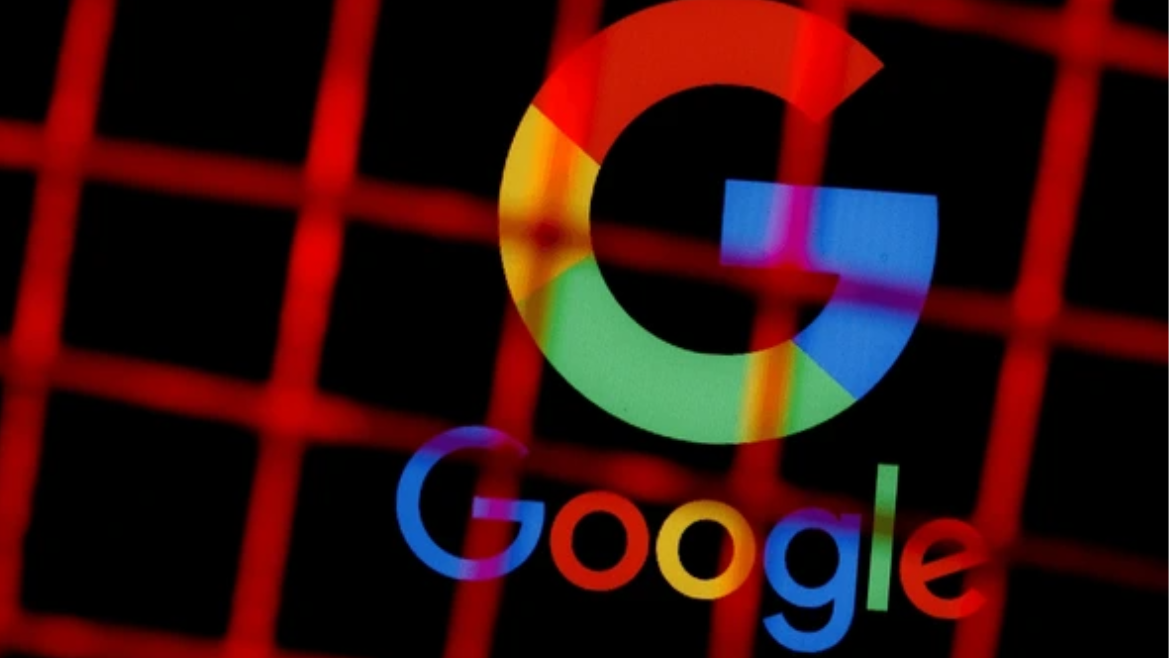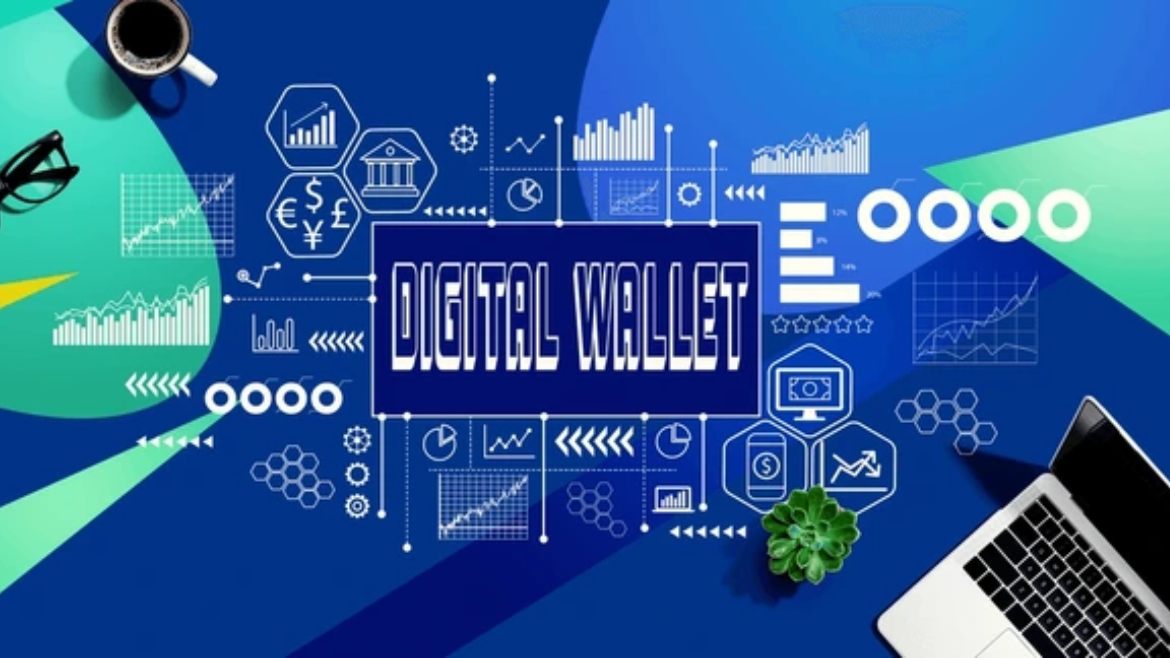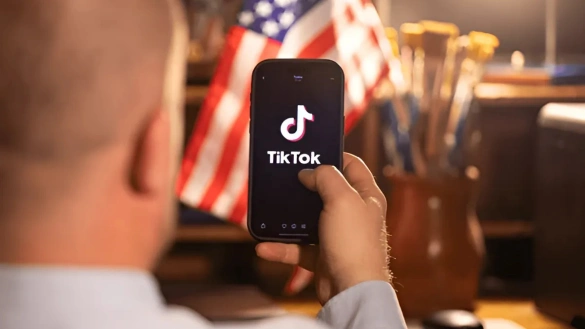Introduction
In the ever-evolving landscape of marketing, businesses are constantly seeking the most effective ways to connect with their target audience. Traditional marketing methods have long been the go-to strategy, but the rise of digital technologies has brought about a significant shift in the way companies promote their products and services. In this blog post, we'll explore the key differences between Digital Marketing and Traditional Marketing, weighing the pros and cons of each approach.
Traditional Marketing: Time-Tested Tactics
Traditional marketing encompasses the conventional methods that businesses have relied on for decades. This includes print advertisements, television and radio commercials, billboards, direct mail, and other offline channels. While these strategies have proven successful for many years, they come with their own set of limitations.
Pros of Traditional Marketing:
-
Tangible Presence: Physical materials like brochures, flyers, and print ads provide a tangible presence, allowing potential customers to interact with the brand in a physical way.
-
Broad Reach: Traditional marketing methods often have a broad reach, making it possible to target a wide audience through mass media channels.
-
Established Trust: Over time, consumers have grown accustomed to traditional marketing methods, establishing a level of trust and familiarity with these approaches.
Cons of Traditional Marketing:
-
Limited Analytics: Measuring the success of traditional marketing campaigns can be challenging, as there are limited tools available to track and analyze real-time data.
-
Higher Costs: Production and distribution costs for traditional marketing materials, such as TV ads or print collateral, can be considerably higher than digital alternatives.
-
Less Interactivity: Traditional marketing is generally a one-way communication channel, lacking the interactivity and engagement that digital marketing can offer.
Digital Marketing: The Age of Connectivity
Digital marketing leverages online channels and platforms to promote products and services. This approach includes a wide range of tactics such as social media marketing, content marketing, email campaigns, search engine optimization (SEO), and pay-per-click (PPC) advertising.
Pros of Digital Marketing:
-
Targeted Advertising: Digital marketing allows businesses to target specific demographics and reach a more tailored audience, increasing the chances of conversion.
-
Real-time Analytics: Advanced analytics tools provide marketers with real-time data, allowing them to measure the success of campaigns and make adjustments on the fly.
-
Cost-Effective: Digital marketing often proves to be more cost-effective than traditional methods, especially for small businesses with limited budgets.
-
Interactivity and Engagement: Social media platforms and interactive content enable businesses to engage with their audience in real-time, fostering a sense of community and brand loyalty.
Cons of Digital Marketing:
-
Saturation and Competition: The digital space is highly saturated, making it challenging to stand out amidst the competition. Advertisements can be easily ignored or overlooked.
-
Technical Challenges: Keeping up with ever-evolving digital platforms, algorithms, and technologies can be daunting for businesses without dedicated resources or expertise.
-
Security Concerns: With the increasing reliance on digital platforms, there is a growing concern about data security and privacy, both for businesses and consumers.
Conclusion
In the ongoing debate of Digital Marketing vs Traditional Marketing, it's clear that each approach has its own set of advantages and disadvantages. The ideal marketing strategy depends on various factors, including the nature of the business, target audience, budget constraints, and overall marketing goals.
While traditional marketing methods still hold value, the digital landscape offers a dynamic and cost-effective alternative that allows businesses to connect with their audience in ways never before possible. Striking the right balance between traditional and digital marketing can provide a holistic approach that maximizes reach, engagement, and return on investment for businesses in today's fast-paced and ever-changing marketplace.















0 Comments